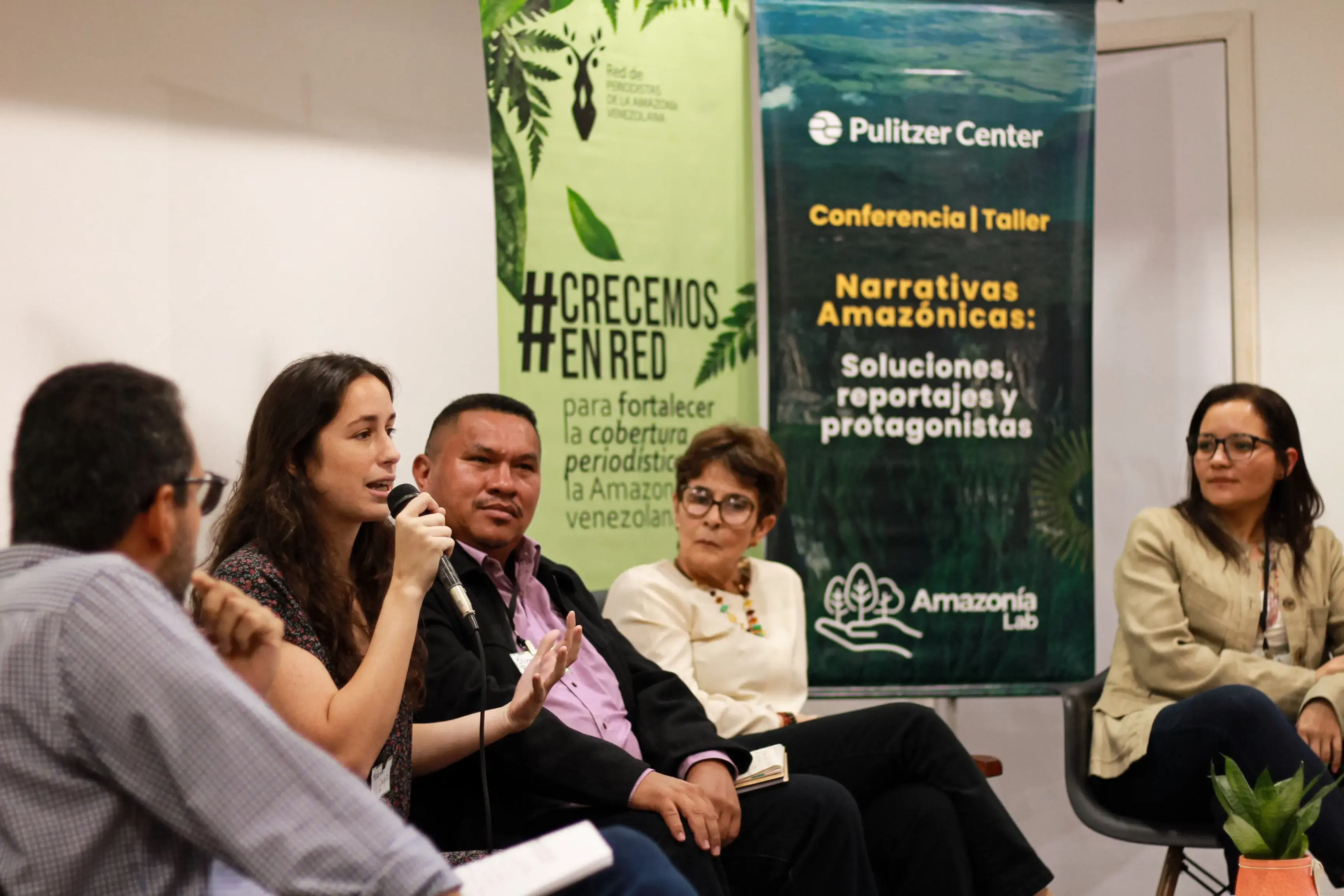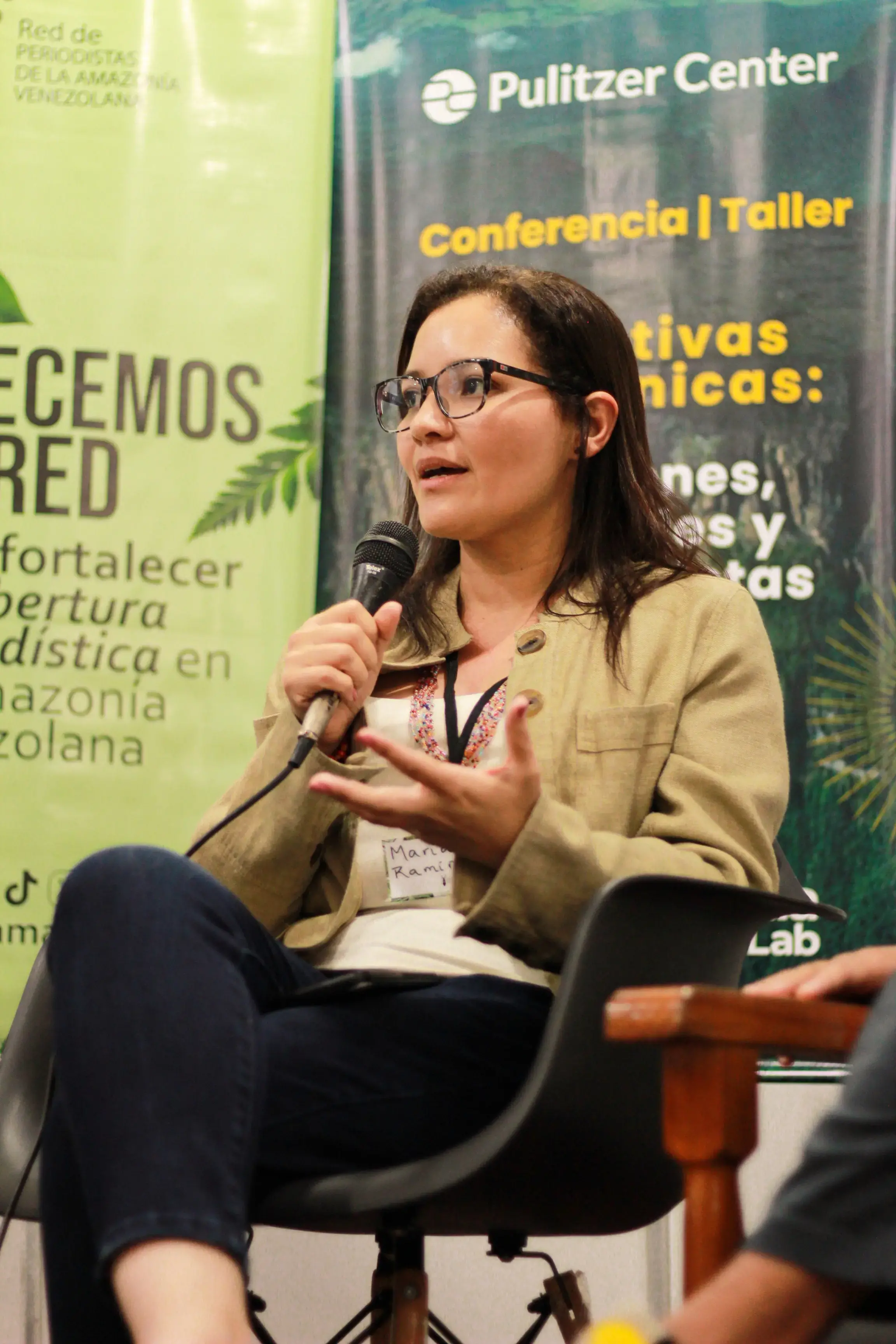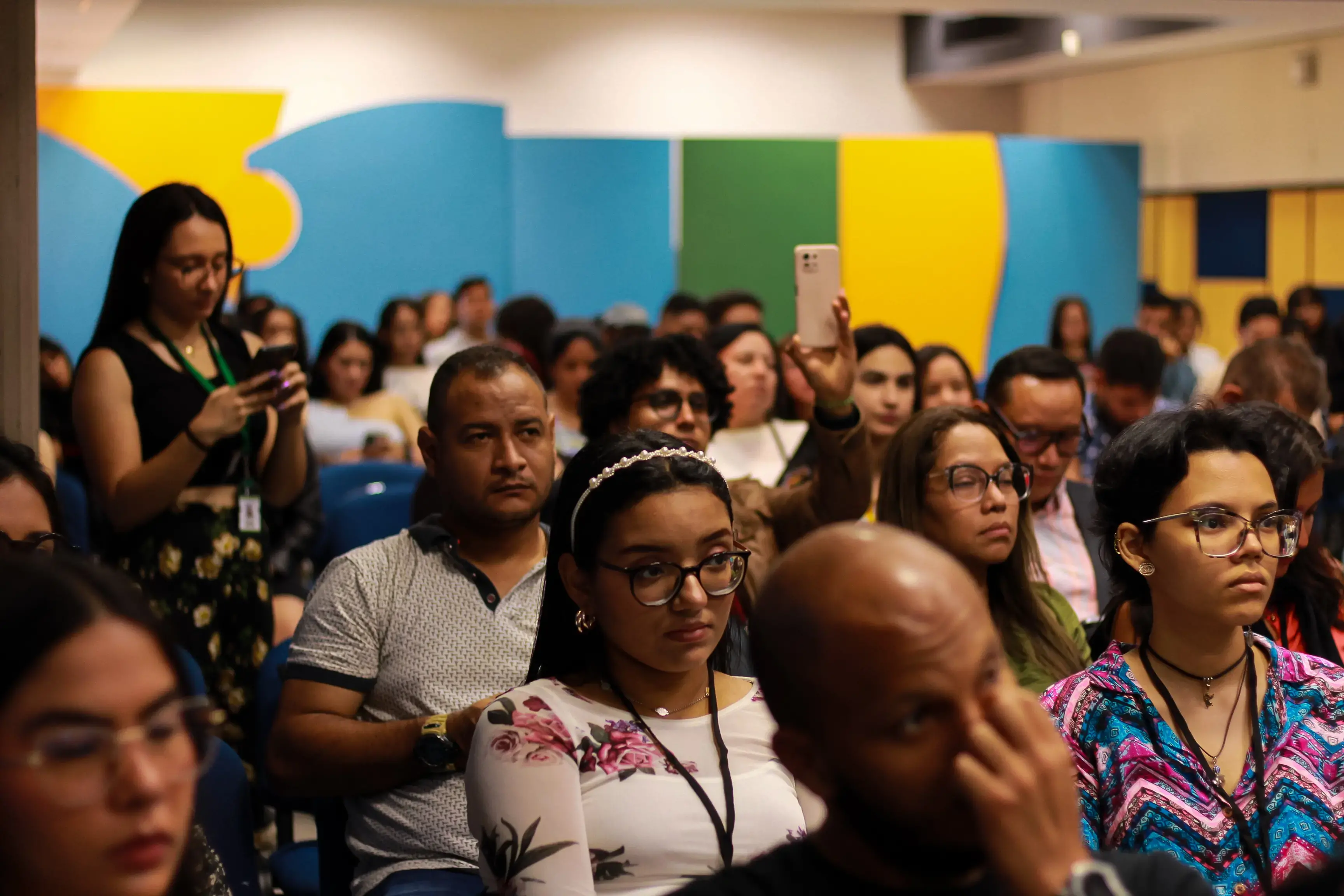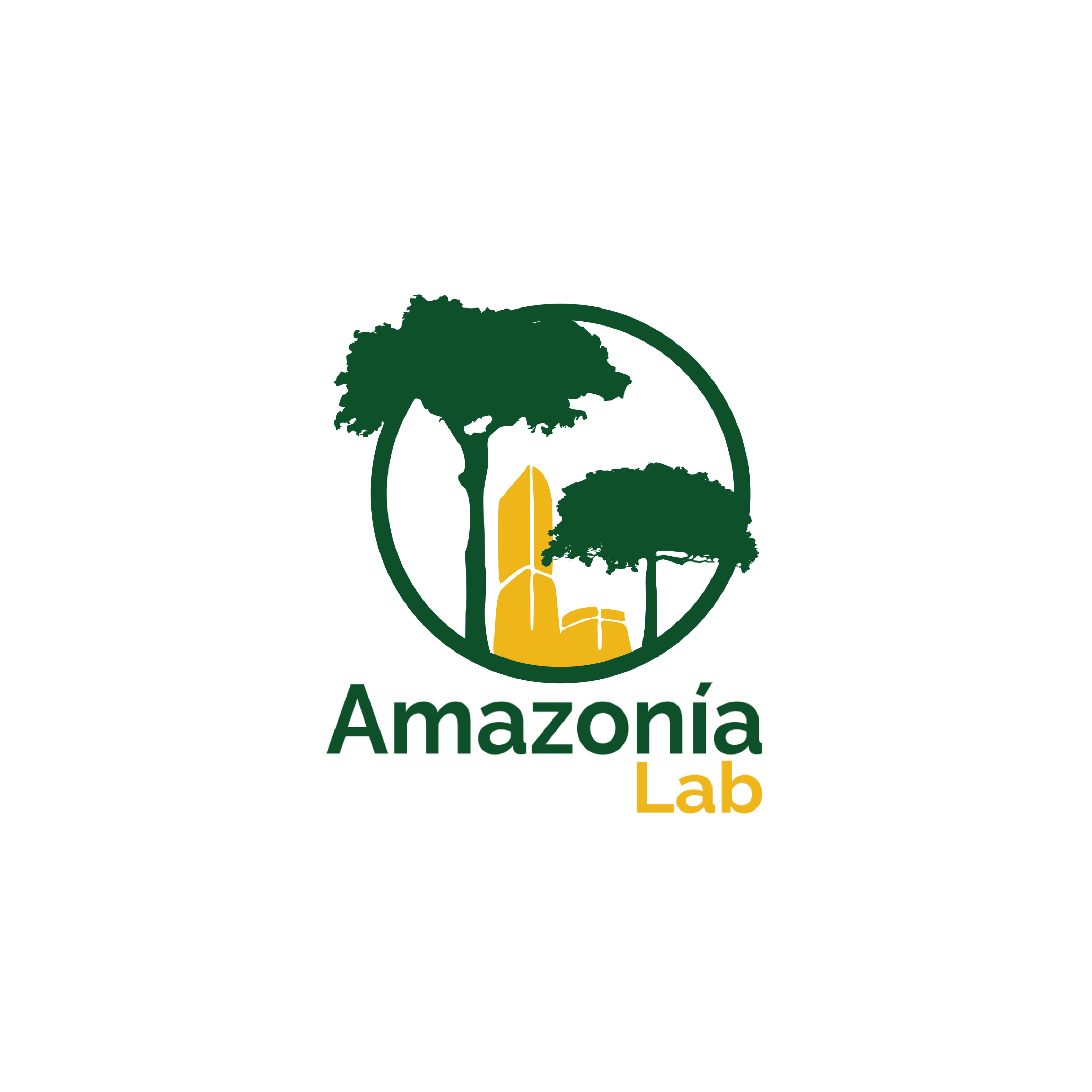Pulitzer Center Update November 3, 2023
Insights and Solutions From Journalists in Venezuela’s Amazon Rainforest
Country:

The conference/workshop, titled "Amazonian Narratives: Solutions, Reporting, and Protagonists," brought together journalists, academics, and activists to share their experiences, findings, and insights with over 80 attendees on October 13, 2023. The event took place at the Universidad Católica Andrés Bello in Ciudad Guayana, Venezuela, and served as the opening conference for the first gathering of the Network of Journalists in the Venezuelan Amazon. Ciudad Guayana, a pivotal city in the Amazon region of Venezuela, provided an ideal backdrop for this significant event.
Marcos Valverde, a reporter at Armando Info and a grantee of the Pulitzer Center, hosted the conference. He kicked off the session with a brief presentation, offering valuable insights into the current state of the Venezuelan Amazon rainforest.
Following Valverde, Arturo Peraza S.J., the Dean of the Universidad Católica Andrés Bello, shared a few words on the pivotal role of hope, journalism, and academia in safeguarding the rainforest and its inhabitants.

Throughout the event, our distinguished speakers delved into pressing issues affecting the rainforest and emphasized the critical need for its preservation, drawing from their individual areas of expertise.
María Ramírez Cabello, co-founder of the network and a grantee of the Pulitzer Center, shed light on the genesis of the Network of Journalists as a strategic initiative to fortify journalism related to the rainforest. She passionately expressed, "We refuse to prepare for a future devoid of the Amazon rainforest's existence. That's why we are committed to strengthening the journalistic focus on Venezuela's southern region."
Simeon Rojas, a journalist and indigenous activist, passionately shared the challenges faced by indigenous communities battling illegal mining and extractivism in the southern Venezuelan territory of Amazonas. Rojas also highlighted the alarming disappearance of Indigenous human rights activists while defending the forest and the troubling lack of official investigations into their tragic deaths.
Aiskel Andrade, director of the Center for Regional Studies at UCAB Guayana, underlined the pivotal role of academia in studying biodiversity and the environmental impact on the rainforest. Furthermore, she stressed the importance of fostering dialogue between the ancestral forest-dwelling communities and the local communities settled in the Amazon territory.

Helena Carpio, a journalist and grantee of the Pulitzer Center, discussed the challenges we face as a species in the wake of climate change and the profound impact it could have in the future. She also underscored the significance of collaborative journalism when reporting on the Amazon rainforest as a means to overcome challenges in story development.
In conclusion, Jonatan Rodriguez, the outreach program manager at the Pulitzer Center, eloquently expressed the organization's mission to deliver high-quality journalism, education, and outreach to engage new audiences. He also shared insights into the work of Amazonia Lab, one of the initiatives at the Pulitzer Center, and the ongoing Letter Contest for #OurAmazon.
The event concluded with an engaging Q&A session that ignited a lively discussion regarding rainforest protection, funding opportunities for investigative projects in the Amazon, and potential solutions to address the current challenges in southern Venezuela.





